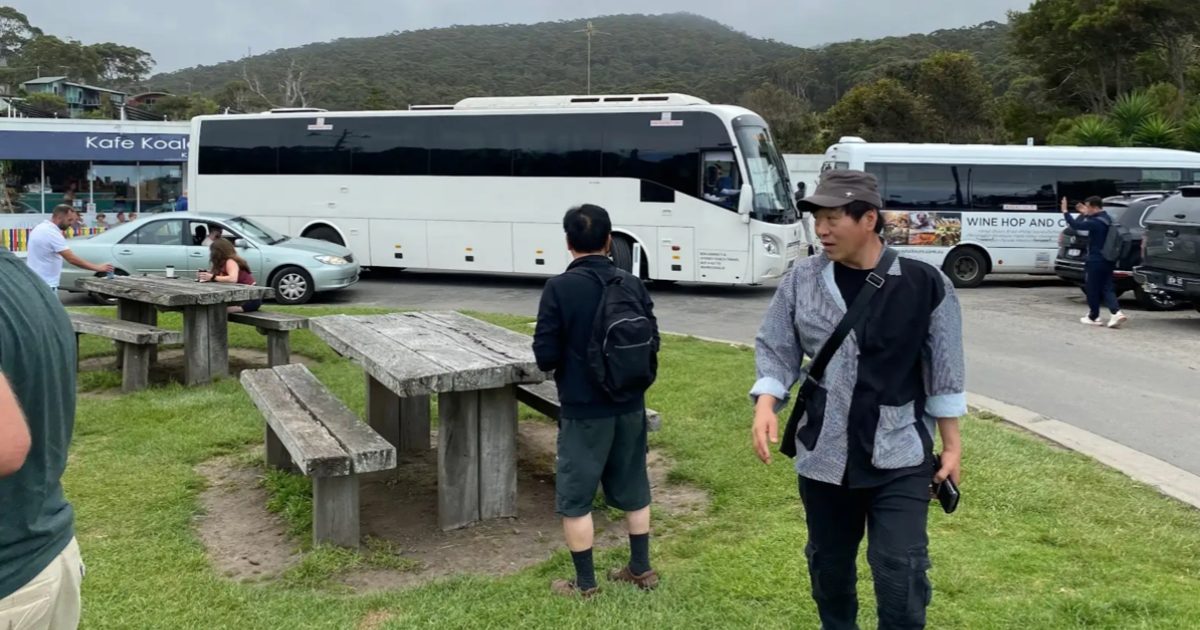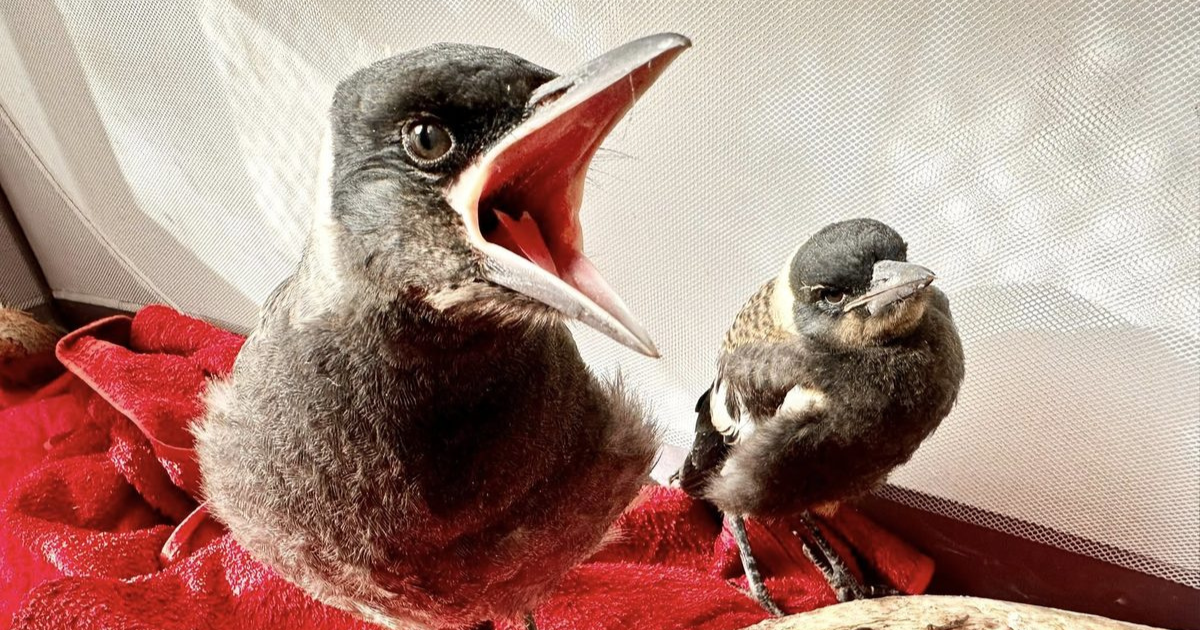Lessons to be learned from resilience

The closure of Alcoa’s Point Henry smelter is just one of the major economic shocks endured by Geelong over the past three decades. Photo: JMCHUGH
A RESEARCH paper tracking Geelong’s economic and social resilience over three decades is just the start of a conversation to plan for the risks of the present and the future, according to the Committee for Geelong (CfG).
The committee commissioned the “Resilient Geelong” research to provide guidance to decision makers in the region as they try to temper the negative impacts of the COVID-19 pandemic and to distil and pursue opportunities arising from the fundamental shock to Australia’s society, economy and settlement.
The 116-page paper includes 15 recommendations focusing on employment and work, urban design and social inclusion initiatives for the Geelong region in a post-COVID world.
Community for Geelong chief executive officer Jennifer Cromarty said the pandemic was a global health crisis with significant social and economic consequences.
“The impact has forced government, private and public organisations, communities, families and individuals to act swiftly and adapt to a new economic and social reality.
“As a community, we now need to focus on how Geelong will accelerate the recovery.”
Authored by Honorary Professor Dr Louise Johnson, Dr Meg Mundell and Rebecca Bartel from Deakin University, “Resilient Geelong” aims contribute to the public discussion of regional resilience, how and why Geelong has bounced back from major economic disruptions in the past, and how these lessons might apply to a post-COVID-19 future.
“Geelong has survived and ultimately thrived despite textile and clothing manufacturing decline, the collapse of the Pyramid Building Society, the Global Financial Crisis, closures of Ford and Alcoa, and natural disasters such as the Millennium drought,” Ms Cromarty said.
“Resilient Geelong covers the journey of employment, the diversification of the economy and the development of strategic sectoral specialisations.
“This, along with population growth, has acted as an economic shock absorber and helped to withstand setbacks and significant community loss.
“It also reviews how coordinated government policy and community leadership have also been pivotal for Geelong to absorb, adapt and transform, as well as mitigate some of the negative effects of economic disruptions. When the community works together, we all benefit.”
She said CfG was already working on several of the 15 recommendations, and would do so over the next 12 months. These include:
- Future of Work – development of a local action plan with a focus on skills development, youth employment and pathways to work and the impact of digital on flexible work
- Brand Geelong project via the City of Greater Geelong’s Vision Partners Forum to inform a creative campaign positioning Geelong as a great place to live, work, study and invest
- Creative Industries sector strategic planning for the region in partnership with G21 Geelong Region Alliance and local cultural and creative organisations
- Gateway Cities Alliance study into supply chain and logistics with the City of Greater Geelong, City of Newcastle and Wollongong City Council
- Gateway Cities Alliance partnership with Deakin University, University of Newcastle and University of Wollongong working with regional health agencies regarding opportunities in medical research
- An evidenced-based retail and commercial strategy for Geelong, and
- Ongoing collaboration with other local advocacy organisations that formed the Geelong COVID Collective during 2020, which builds on the “one voice” for Geelong concept.
To download or read the research paper, head to committeeforgeelong.com.au.

















